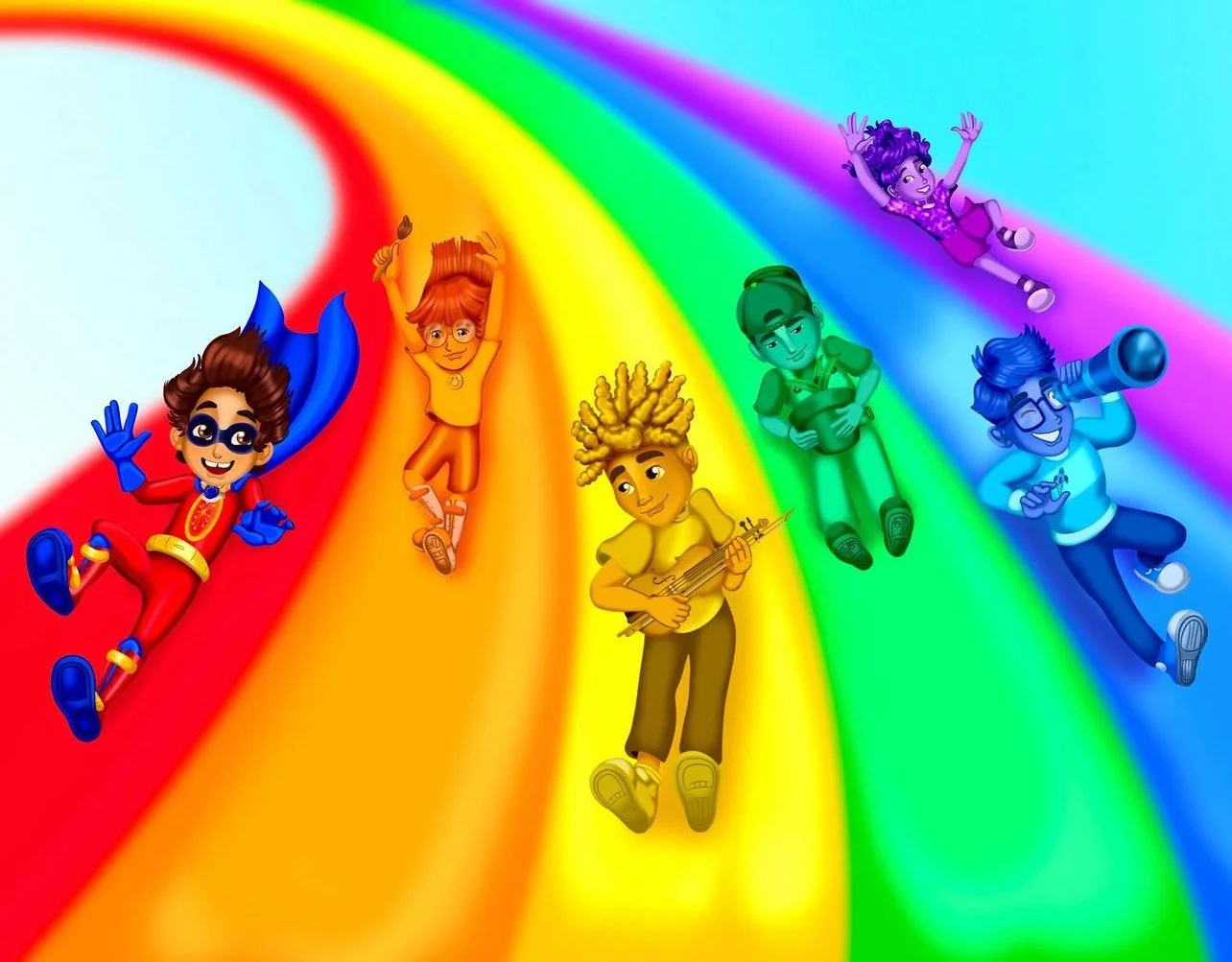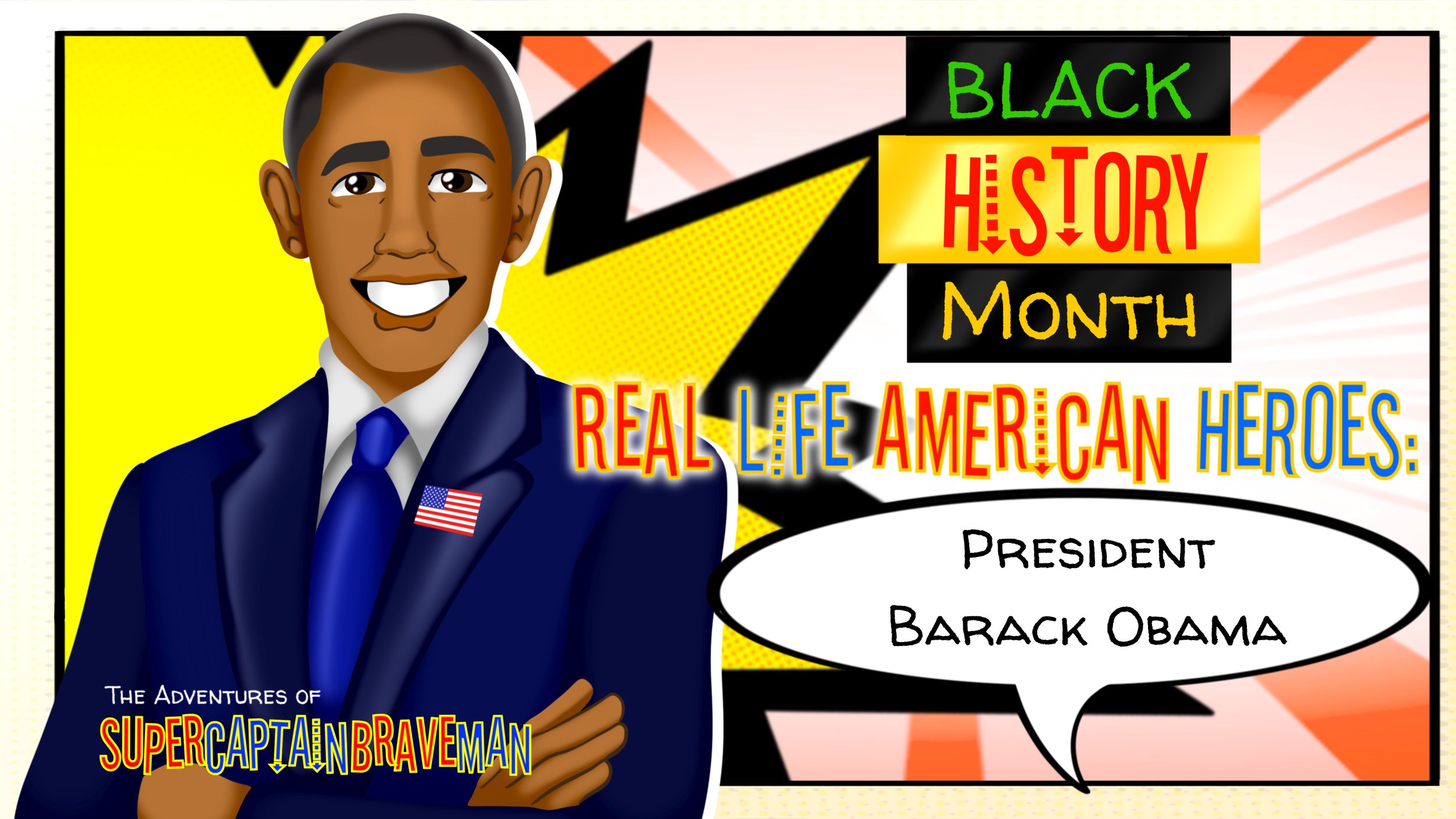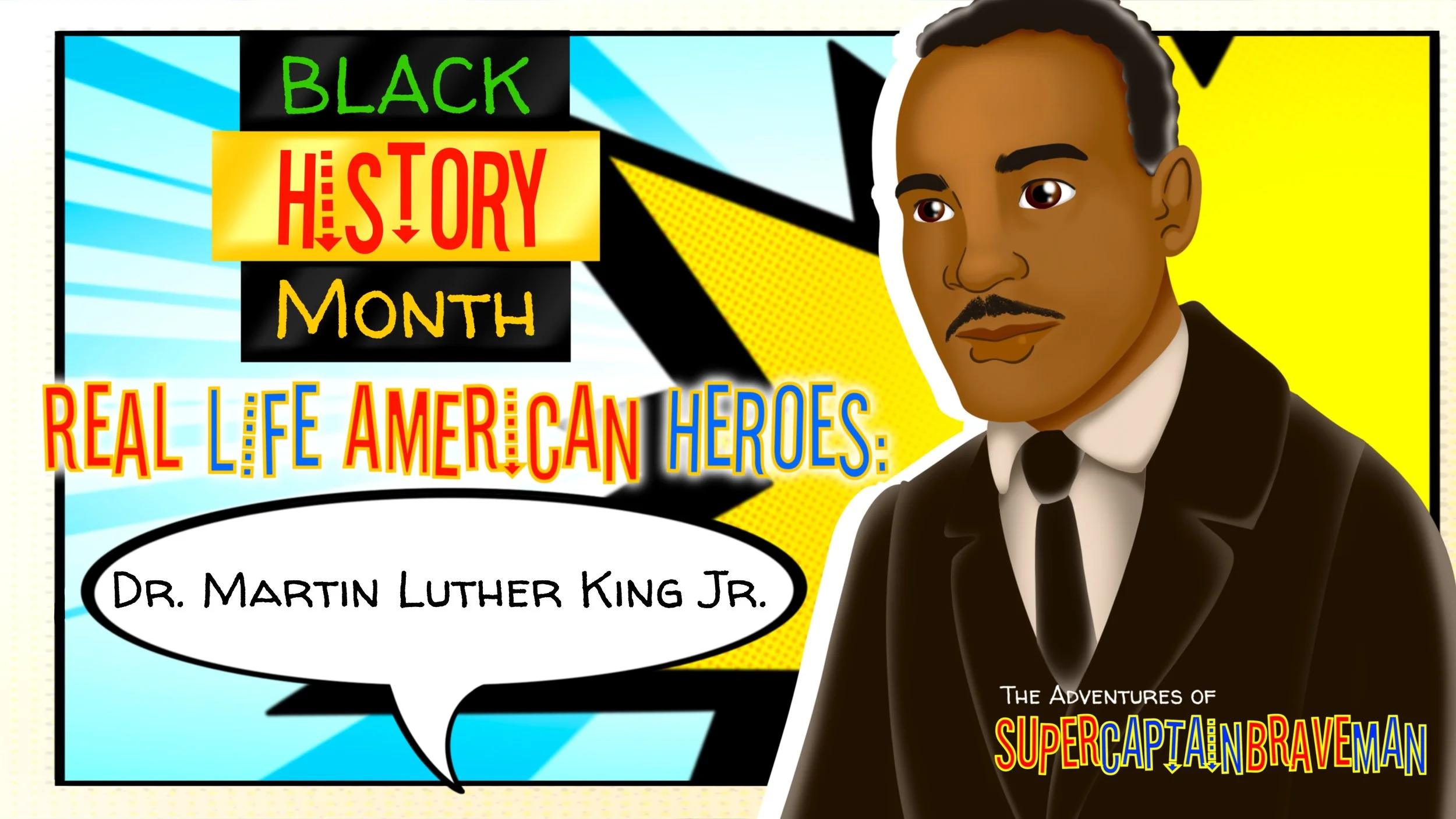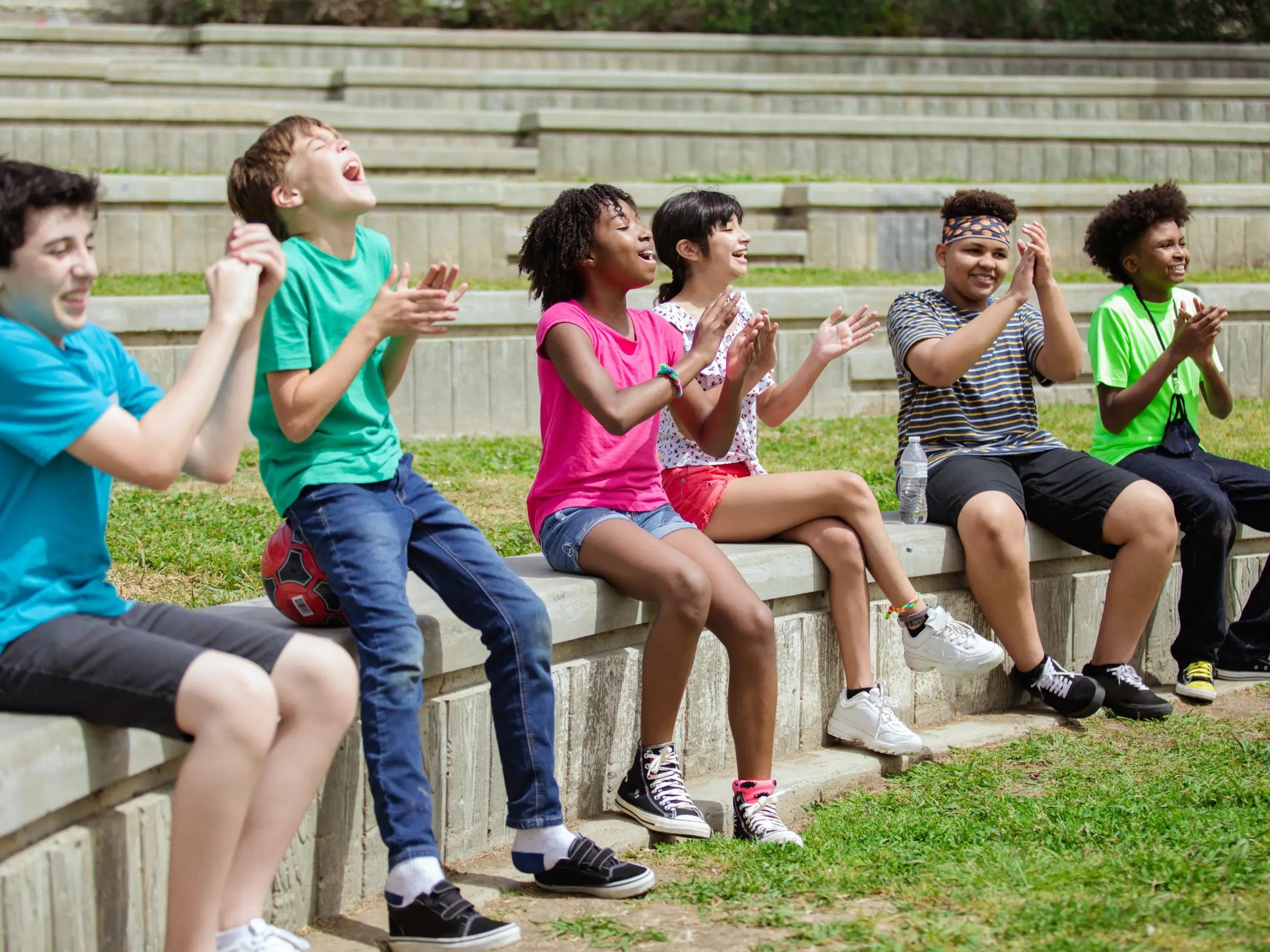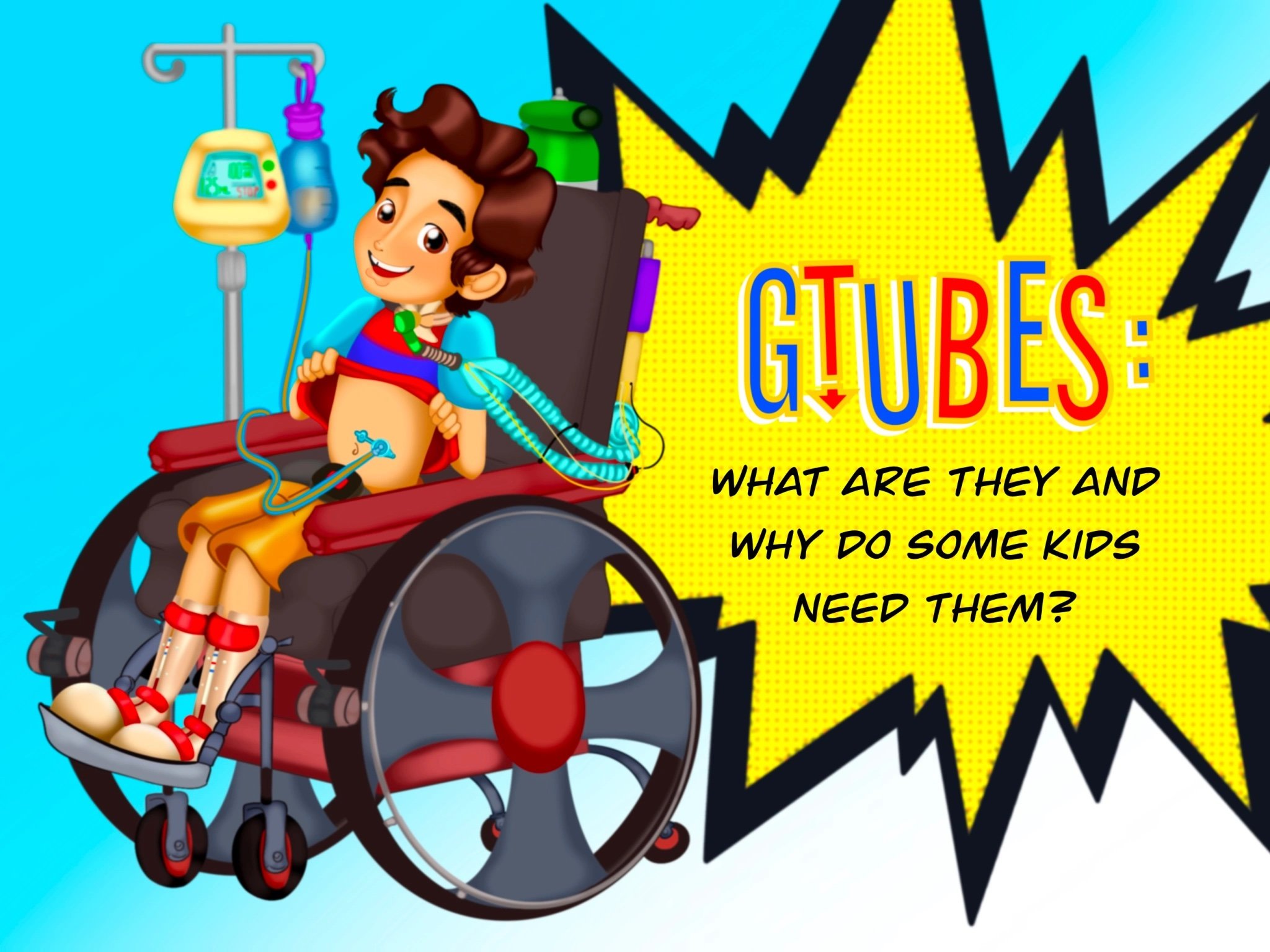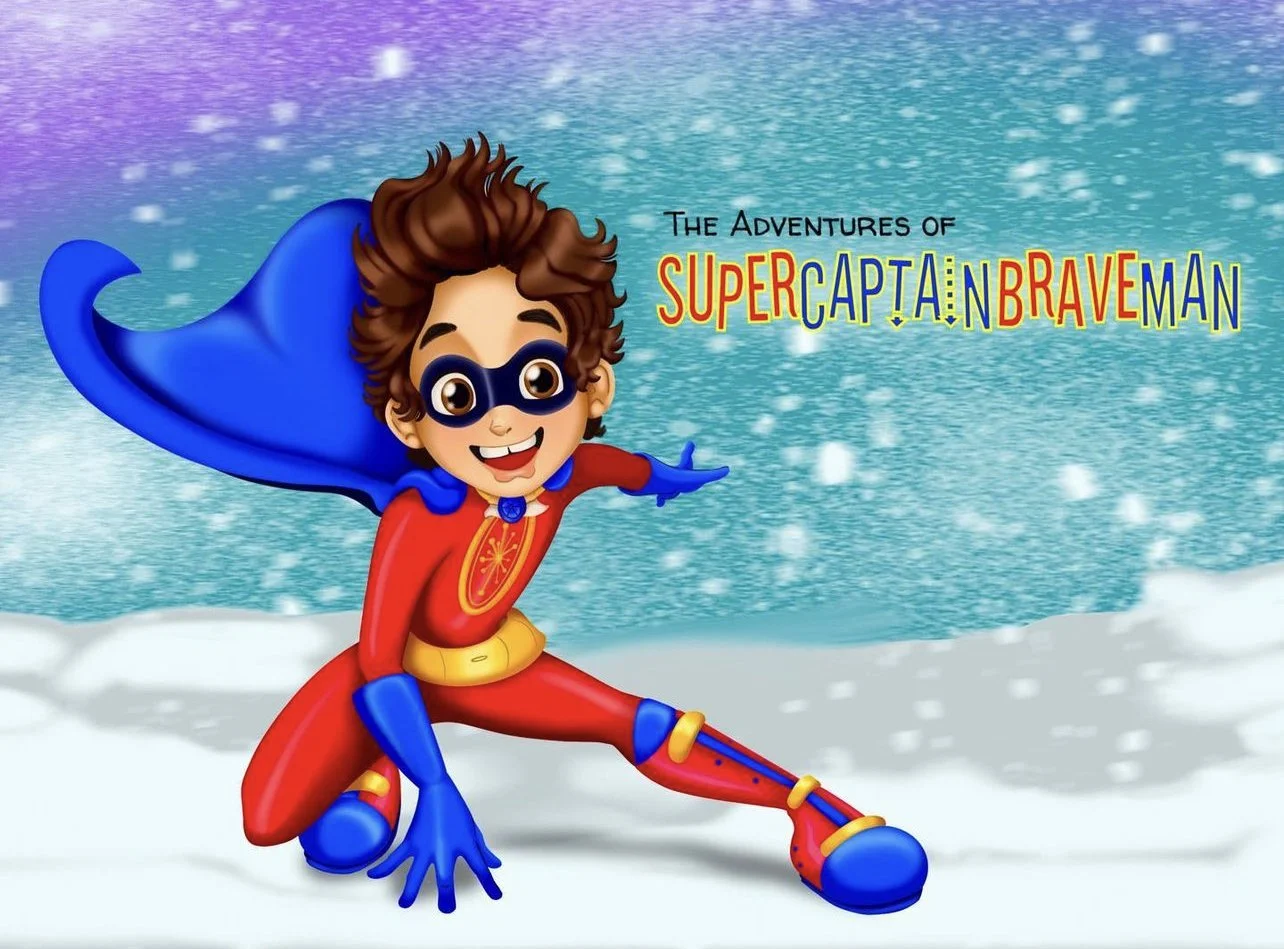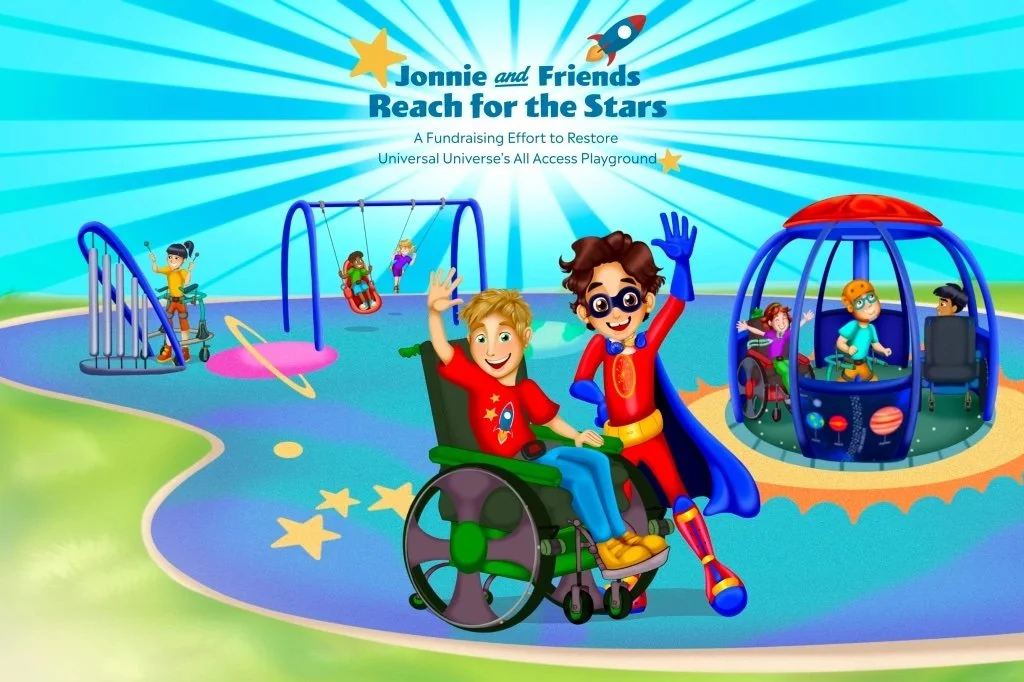ANGRY! What can I do when my child gets frustrated?
/Life is full of super great moments! Each adventure can bring excitement, happiness, and lots of fun. But sometimes, moments can get us a little frustrated or even angry. An angry mood can sometimes damper the joy of an adventure, and it can be hard to get rid of that feeling. So what do we do when kids feel a little frustrated? How can we recognize things that upset them? And what do we do after they're done being angry?
An important thing to remember is that everyone can get angry. It's a normal emotion that you and your kids feel sometimes. People often get frustrated when things go differently than planned, when something is a little tricky to achieve, or if they can't get something they want right away. These things often lead to angry reactions like yelling, screaming, or crying. The results often create a larger and more stressful situation.
Children require their emotions to be validated, and recognizing anger is essential in resolution. Being angry is a proper emotion kids feel is true and real to their situation. It's often hard to remember that in heightened circumstances. Something to remember, however, is that although that feeling is valid, behavior is something your kids can control. A more likely situation that creates frustration between you and your child isn't their anger; it's the behavior that follows. Being angry is okay. How you work out that anger appropriately is a workable course during outbursts.
A great start to helping your child handle their anger is checking in with your emotional response. None of us are perfect regarding flare-ups and terse situations that can spring up suddenly. An awareness helps diffuse things that tend to escalate into a problem. A child receiving the wrong side at mealtime or bringing the wrong toy on a car trip can sometimes be catastrophic. While these situations seem inconsequential to us, to a child, who doesn't have the life experience to process their emotions appropriately, these moments can cause major upset, which in turn can cause you frustration.
Remember that not reacting to your child's behavior doesn't mean you've given in. It's important to understand that appropriate disciplining isn't in the middle of a meltdown. Employ methods that work for you and your child. An example, encourage your child to take a breath alongside you or give each other space. Problems are best resolved when tempers are settled.
Please encourage your child to get familiar with their signs of anger. You can help diffuse a situation by noticing when an eruption can occur. Recognizing physical signals like jaw-locking and fist-clenching can help you by getting ahead of a potential crisis.
Some children tend to feel embarrassed or sorry for their emotional outbursts. A practical way to confront uncomfortable emotions is to approach them calmly and in a way that leads to a productive outcome. A helpful method following an eruption can be discussed openly with your child. Ask them why they were upset, what triggered that response, or how things could have ended differently. Remember that your child can set the tone of what they're comfortable discussing. If frustration remerges, drop the conversation, you can always return to the topic at a calmer time.
Anger happens. It's an emotion that we all share. Although it can sometimes be frustrating, listening with attentive ears, a rational mind, and an open heart can help any little superhero! The best part about the people we love is their varied emotions and ability to compromise when things get rough.
We found these articles helpful in researching this blog post:
Responding to Anger in Children
http://www.psychologytoday.com/blog/passive-aggressive-diaries/201402/reponding-anger-in-children
Helping Your Child With Anger Issues
https://www.nhs.uk/mental-health/children-and-young-adults/advice-for-parents/help-your-child-with-anger-issues/
Angry Kids: Dealing with Explosive Behavior
https://childmind.org/article/angry-kids-dealing-with-explosive-behavior/





